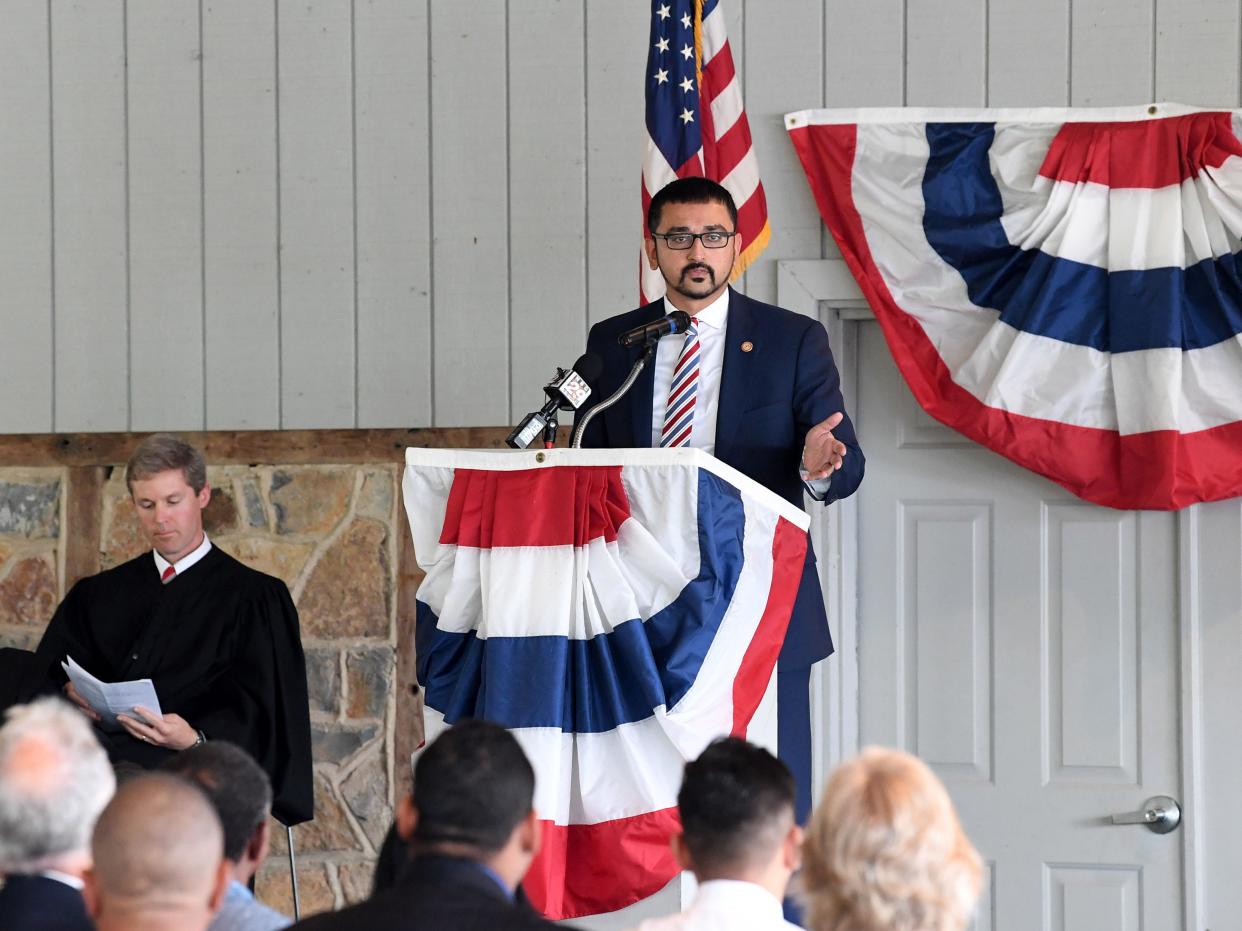'A stance against inequity': HBCU coalition launches to address student needs

Historically black colleges and universities have been underfunded for decades, and resources are stretched even thinner at historically Black community colleges.
“A lot of these small colleges, they're small and mighty, but they are lacking the resources of big flagship universities,” former Virginia Secretary of Education Atif Qarni said. “They don't have government relations folks constantly lobbying for funding.”
Qarni now serves as the managing director for external affairs at The Hope Center, and his team there is working to help HBCUs better address their needs.
The Hope Center launched its #RealCollegeHBCU coalition Thursday, which will address declining STEM enrollment and bolster the schools’ abilities to advocate for themselves on state and federal levels.
Ten HBCUs joined the initiative, including four in Alabama: Trenholm State Community College in Montgomery, Bishop State Community College in Mobile, Lawson State Community College in Birmingham and Drake State in Huntsville.
Over the next six months, each HBCU will receive training and resources from The Hope Center and its partner The Center for the Study of HBCUs to build up student affairs capacity.
“The vast majority of students have these real needs and real costs that haven't been really fully realized by institutions and policymakers,” Qarni said. “The old kind of thinking with college is that you only have to think about tuition, but you have to look at all of the expenses, all of the real costs that a college student goes through.”
The Hope Center surveyed 5,000 HBCU students in the fall of 2020, and two-thirds of them reported having experienced basic needs insecurity. That could include lack of access to nutritious food, adequate housing, transportation, or child care.
Qarni said schools need to be better equipped to help their students who face these issues.
“We are really encouraging states to look at their financial aid programs and emergency programs to make sure that the formula of where the funding is being applied is fair, that it's equitable and really keeps HBCUs in mind,” he said.
Encouraging schools to develop solutions through policy agendas is another aspect of support that the coalition will provide.
“We are taking a stance against inequity and building institutional capacity at HBCUs. Right now is the right time to do this good work,” Center for the Study of HBCUs director Terrell Strayhorn said.
The initiative will be led by Ashley Gray, senior learning specialist at The Hope Center, and it will operate with funding from ECMC Foundation and the Annie E. Casey Foundation.
Hadley Hitson covers the rural South for the Montgomery Advertiser and Report for America. She can be reached at hhitson@gannett.com.
This article originally appeared on Montgomery Advertiser: Trenholm State and other Alabama schools join new HBCU coalition

